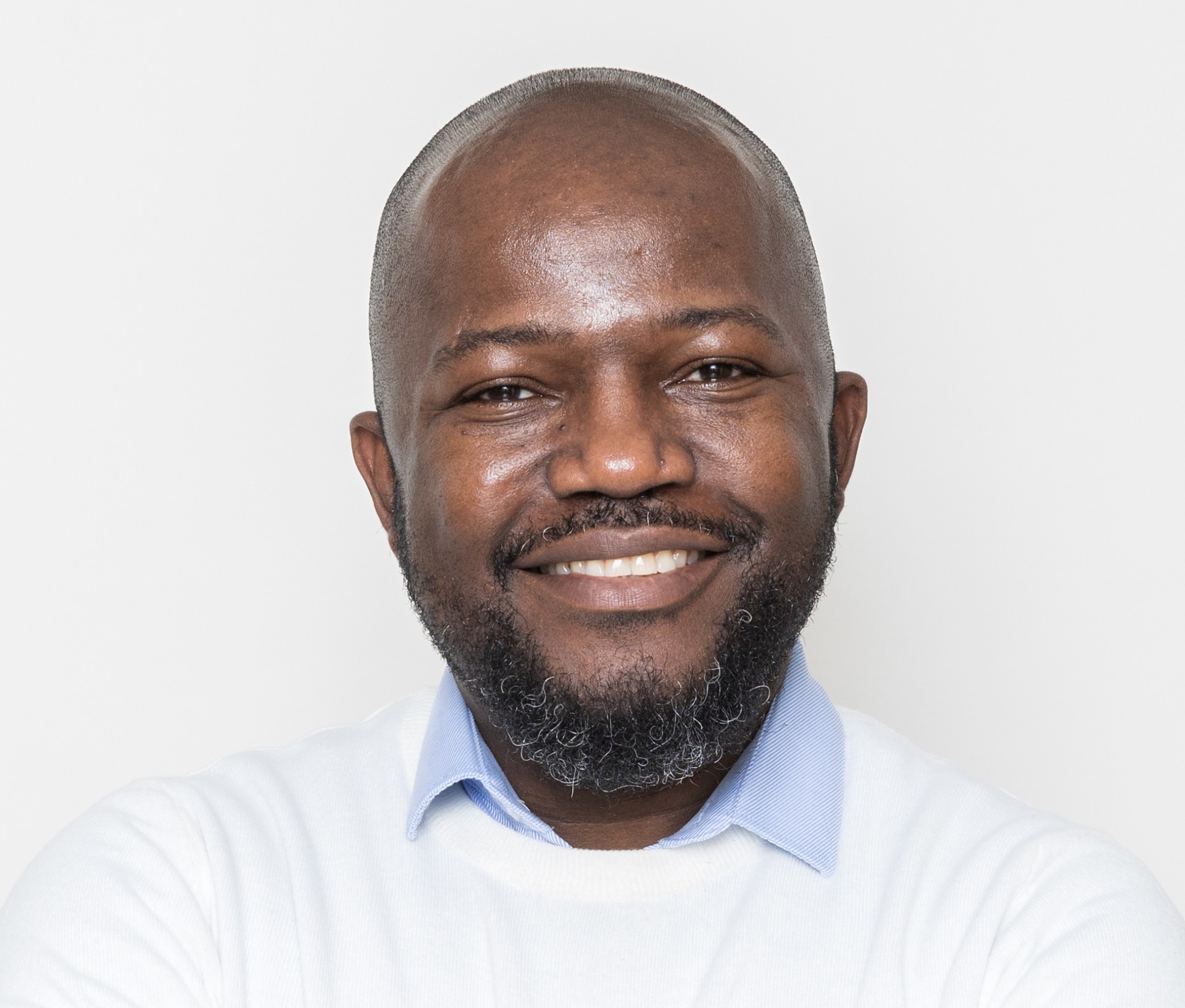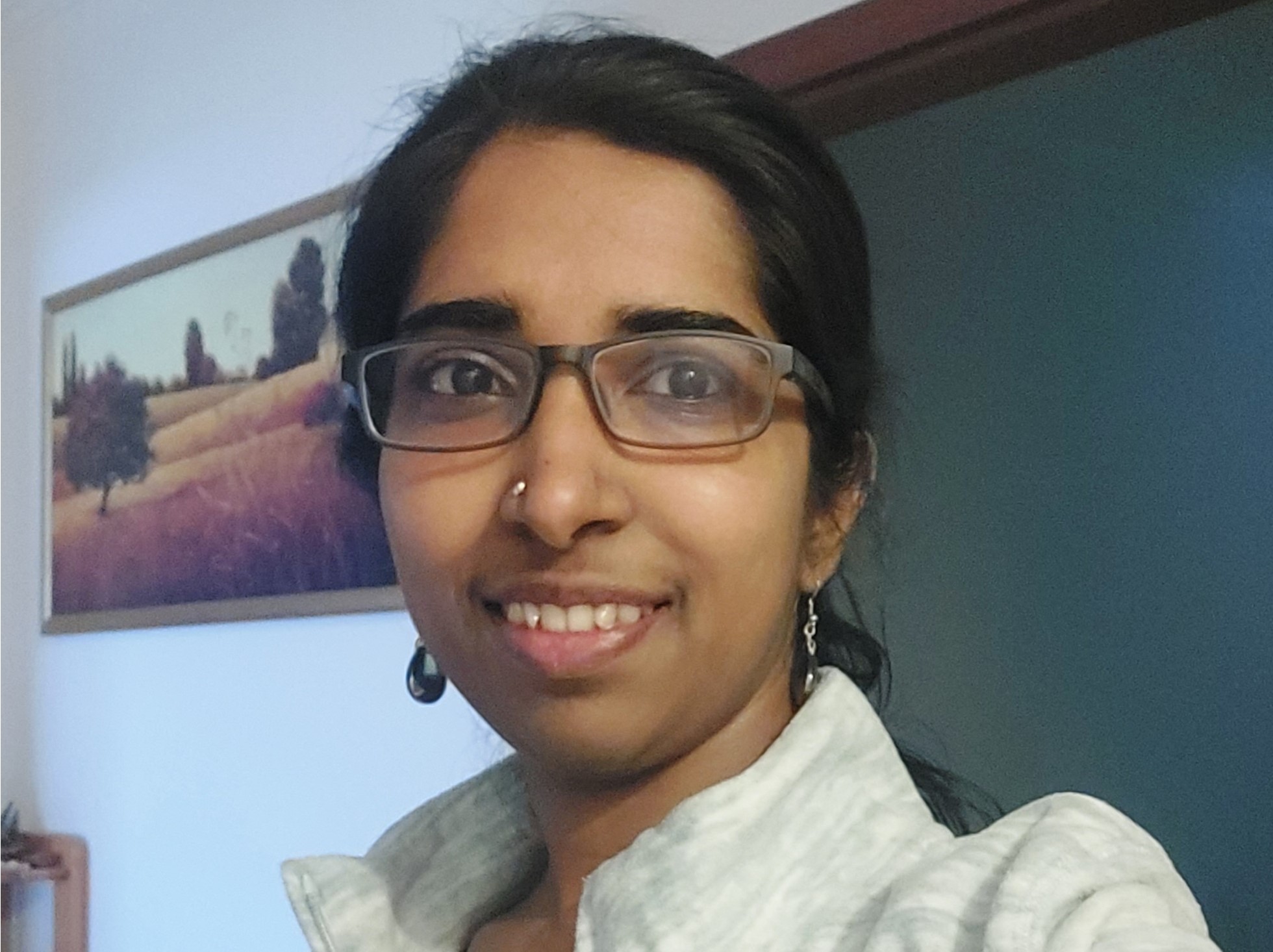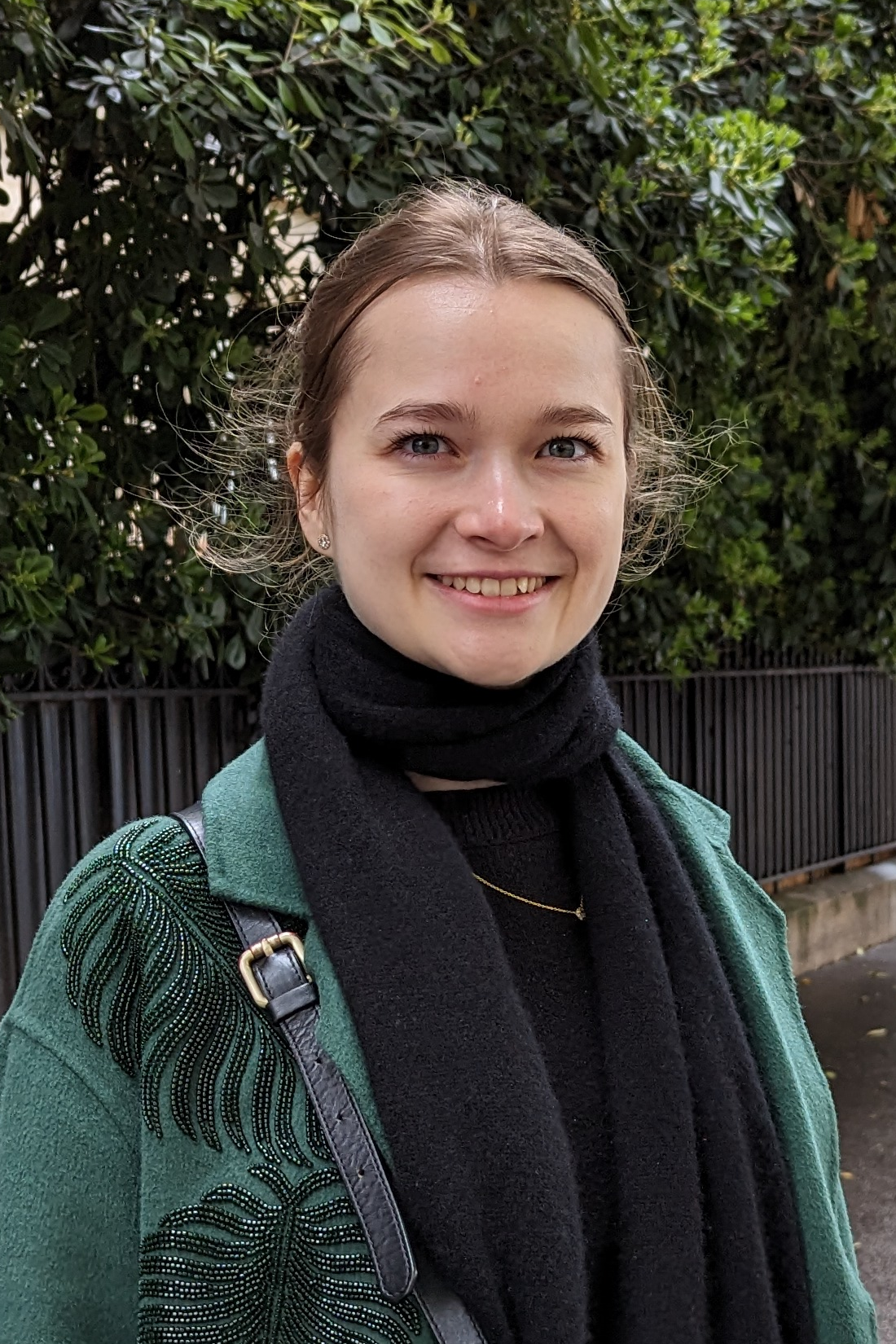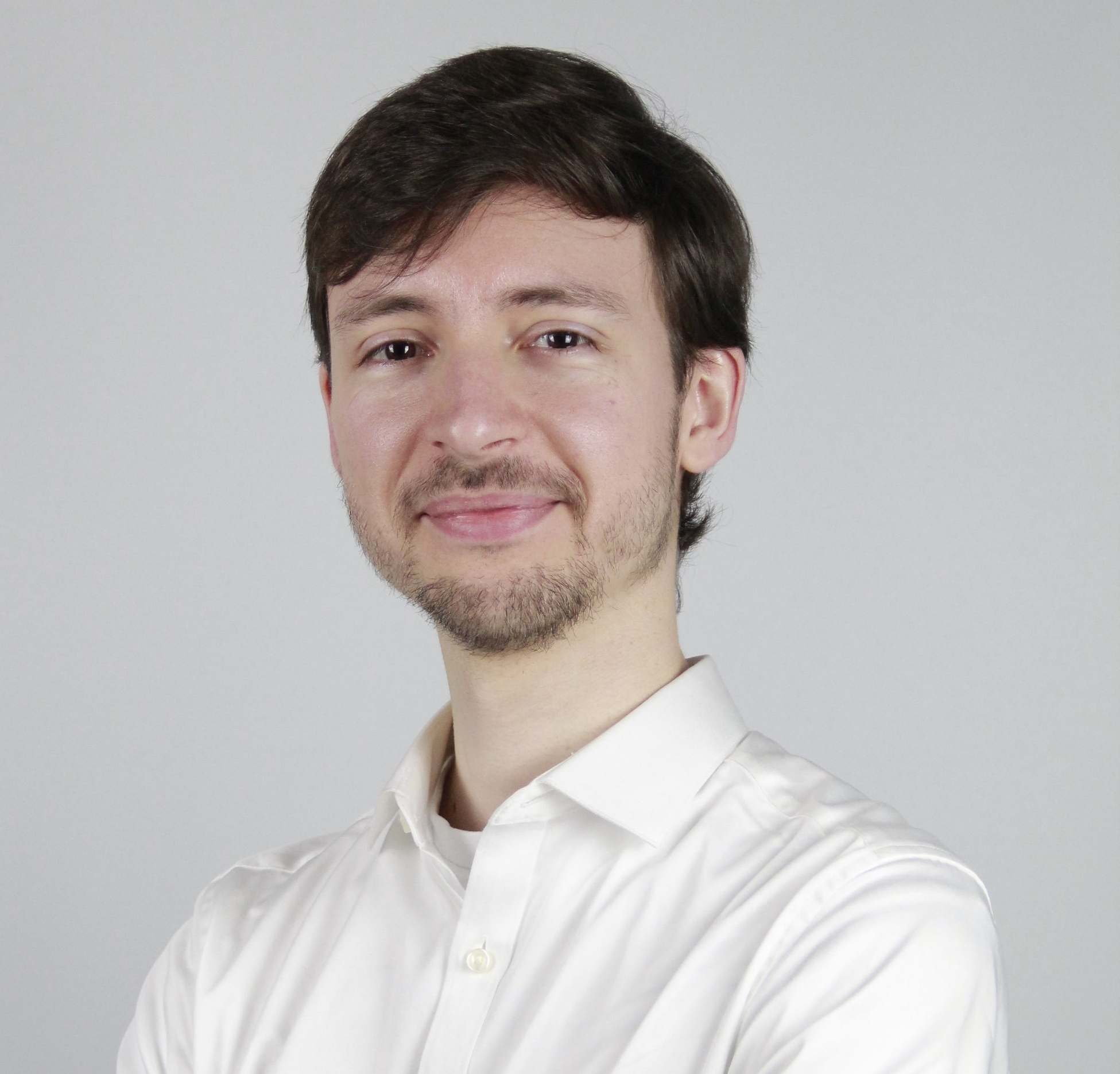Georgia Paraskaki - Interview
PORTRAIT | Alumni / Education / Interview / PHGS / Postdoc
Georgia Paraskaki completed her doctoral studies in 2022 in Accelerator Research at the Universität Hamburg. Her dissertation with the title “Novel seeding techniques for generation of high repetition rate coherent nanometer FEL radiation” was supervised by Wolfgang Hillert and Johann Zemella in the FLASH research group at DESY. In an interview with us, she talks about her work experience at DESY and her membership in the PHGS program.
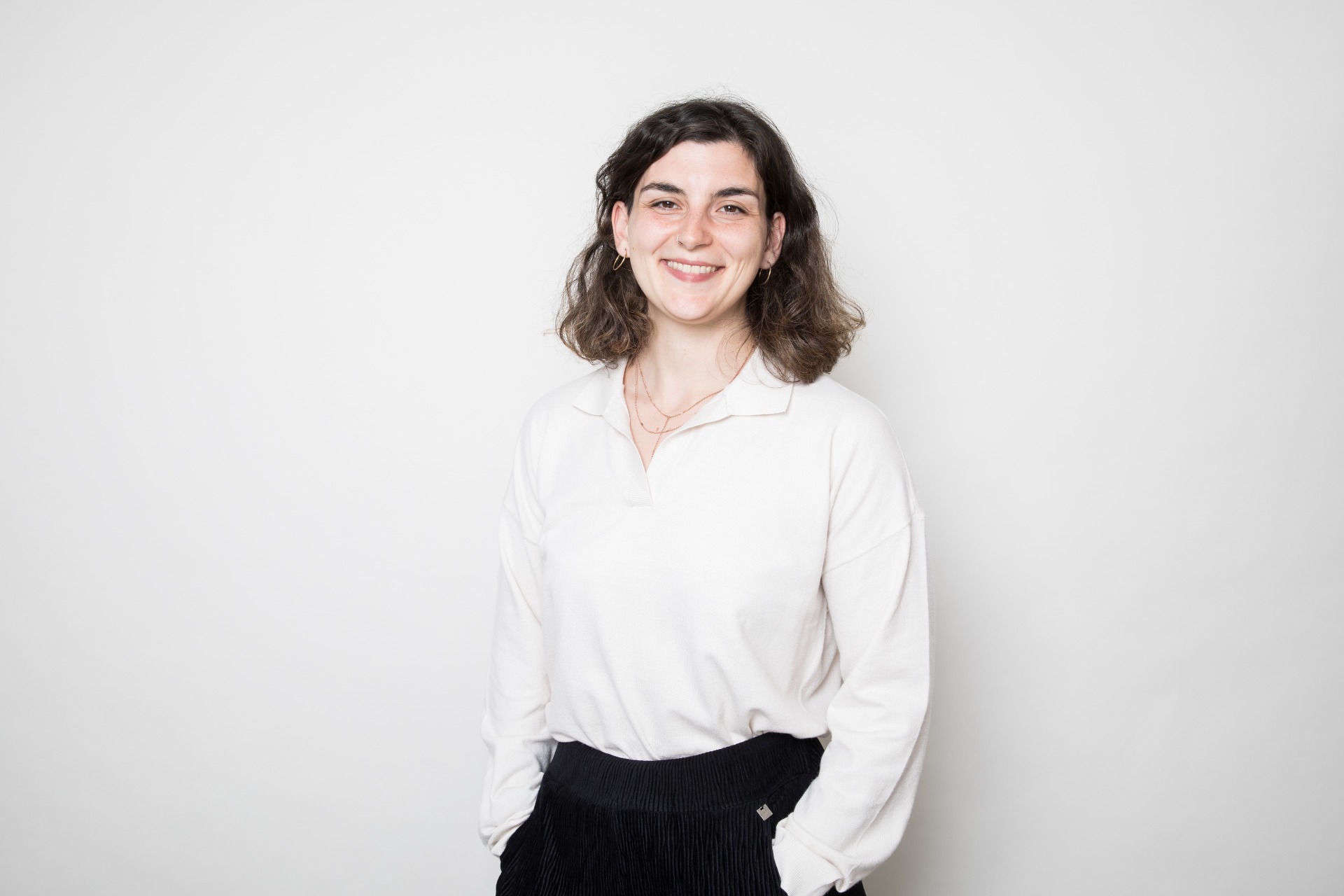
Can you name special features about your research group?
My group was very international. Moreover, collaborations grew during my PhD with scientists from MAX IV in Sweden, SINAP in China and FERMI in Italy.
Can you describe in one or two sentences what you particularly liked (most) about your academic/working environment during your doctorate?
I liked the international environment, the options and support through PIER and dynaMENT, and the possibility to discuss my research with many different experts from other groups.
Which offers of the PHGS did you use during your doctorate?
I benefitted from the buddy program, attended skills trainings, the PIER PhD Seminar, the PIER Graduate Week and the PIER Lunch Talks. In addition, I also received the PHGS Certificate and PHGS Transcript of Records.
How did you benefit from the offers of PHGS? From which 3-4 offers have you benefited the most and in what way?
I benefited in many different ways but if I’d have to choose I’d highlight the workshops in science communication, scientific writing, presentation skills and storytelling. They’ve helped me a lot in public speaking and paper writing and I am making a good use of them.
Would you recommend the membership in the PHGS to other doctoral researchers? If yes: Can you describe in one or two sentences why you think the PHGS is a useful institution for future doctoral researchers?
Absolutely. PIER offers a strong network for doctoral students and gives us the possibility to sharpen our soft and hard skills through a vast amount of workshops that are accessible to us. One can really become a better researcher by developing these skills and can also open the door to more possibilities than research if desired. Having access to a variety of workshops of very good quality can really make a difference in one’s career.
How did you benefit from the offers of DOIT?
I think DOIT does a great job and has achieved many improvements for doctoral students (see salaries and vacation days). Due to Covid I think that I didn’t have the opportunity to meet more PhD students but I did join a couple of social events that were lovely and are needed in the campus.
Can you describe in one or two sentences why you think DOIT is useful for doctoral students of the PHGS?
It is useful because it protects the rights of doctoral students and improves the conditions of their contacts. It also offers opportunities for students on campus to get to know each other.
What were your favorite place/s in Hamburg during your doctorate (and why)?
Walking my dog along Elbe was a relaxing place/activity to escape from work.
Can you describe in one or two sentences what you particularly like (most) about your life in Hamburg or Hamburg as a city? How bad is the weather really in Hamburg?
I like the fact that it is big enough to offer several options but you can still go everywhere by bike. It is quite a lively and multicultural city. I also like the fact that people are quite open-minded here. Let’s be honest, the weather is quite bad. But as locals claim, with the right clothing, the weather can't stop you from doing anything. And it's actually true.
Please finish the following sentence: I never regret to have come to Hamburg because...
… it has become my second home.
Do you have a personal advice for all doctoral candidates?
The PhD is more of a process and a personal journey in your life than a destination. During this process, feedback and mentorship are crucial. One should seek both to be able to improve and to remain inspired. Remember that you do this for yourself and you don’t need to prove anything to anyone.
What do you wish you had known before you started your doctorate (in Hamburg)?
I wish I had realized from the beginning how many nice initiatives exist on the campus and that you are really never alone. There is PIER, DOIT, dynaMENT to support you, develop the skills that you want to develop and find the right balance that you want to have in your life. They are there to help you reach your destination no matter what you are looking for.
In addition, I wish I had realized earlier that DESY is in such a unique position to have a campus full of so many experts in different fields. It’s amazing the fact that for every little thing you want to know either for your project or for your personal curiosity, there is someone on the campus that will be happy to talk with you about it. You have much more resources than you might think initially.
Thank you very much, Georgia, and all the best for your future!
